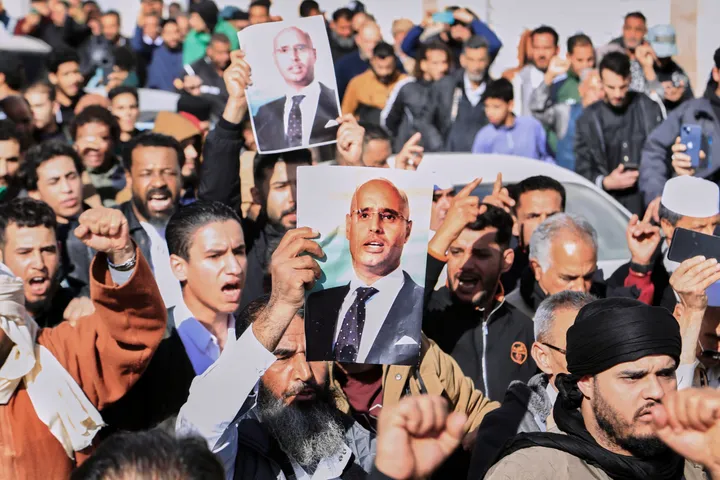By Abubakar Famau
After all the drama of a campaign period in Tanzania marked with rallies and songs, concern is mounting in the commercial capital, Dar es Salaam, where a lull in business activity is pervasive ahead of next week’s elections.
This will be the seventh election since Tanzania introduced a multiparty democracy. President Samia Suluhu Hassan is facing the electorate for the first time after serving out the five-year term of her predecessor, John Magufuli, who died in office in March 2021.
The city of 10 million residents, majority of whom are small scale traders, is the country's economic hub and home to the main port that serves the region.
On normal days, traffic congestion is a normal sight - partly due to the city's overwhelmed infrastructure, with full shops and crowded markets.
But ahead of the October 29 general election, residents say uncertainty has gripped the city since the official campaigning period started two months ago. They said traders are not generating as much income as before.
Muhsin Seif, who roasts maize in the city for a living, told TRT Afrika that the city feels somehow paralysed due to what he attributes to political tension.
"It is very true that the city is a bit quiet now compared to other days. I think this is due to the election," says Seif.
Henry Magessa, a taxi driver, also spoke of a sudden decline in the number of rides.
"We are doing business, however, there is very little circulation compared to a few months back. I think this is attributed to the forthcoming election because majority of our customers are not around now," says Magessa.
The TRT Afrika team in Tanzania made the same observation during a tour of the city, with little traffic seen on the roads.
There have been calls by activists for countrywide demonstrations on Election Day to protest against what they consider to be a shrinking of the democratic space.
But Tanzania's President Samia Suluhu Hassan has repeatedly assured the country that the election period will be peaceful, saying “there will only be one demonstration on election day, which is voting”.
The voting day has been declared as a public holiday to enable around 34 million registered voters to participate in the vote.
Security agencies have assured of enough security and dismissed fears of possible street demonstrations when voters will be casting their ballot.























